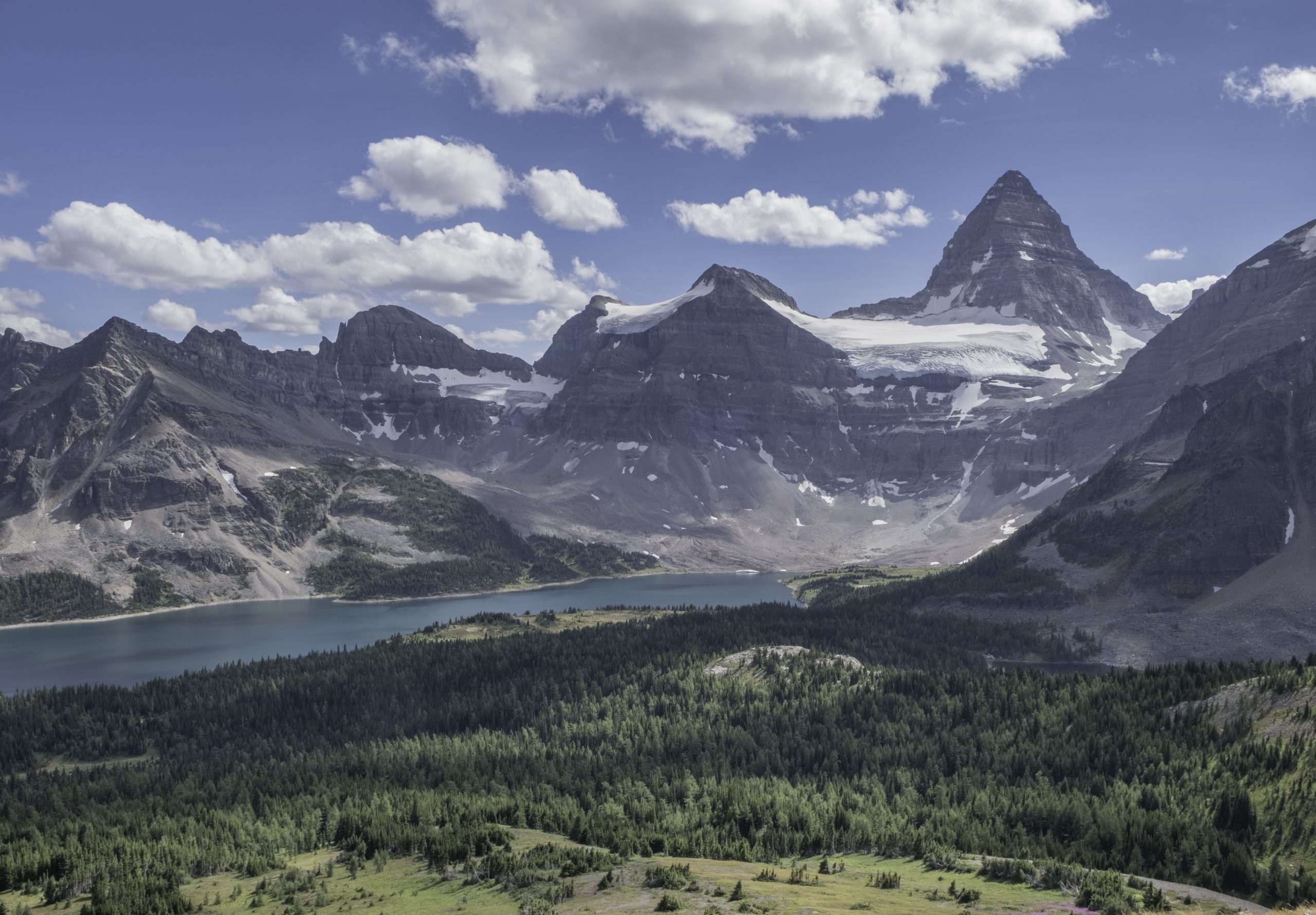NEW NATURES PROJECT
Introduction
What constitutes responsible intervention in landscapes undergoing rapid change?
Rapid and discontinuous change in ecosystems is raising complex questions for environmental scholars and managers worldwide. In diverse regions of the globe, multiple social and ecological factors intersect to radically and quickly transform landscapes in what we term, new natures – ecosystems and landscapes (heterogenous areas comprising diverse interacting ecosystems) that depart significantly from historical patterns and processes. Our research group is distinctively positioned to contribute to debates regarding the implications of human intervention in fast-changing landscapes.
The New Natures project began life as a Social Sciences and Humanities Research Council Insight Grant to Dr. Eric Higgs (1916-22), and derives from extensive work done by Higgs and his research team on the emergence of ecological novelty and implications for ecological restoration and mountain landscapes. It involves collaborators from UBC (Drs. Jeanine Rhemtulla and Tara Martin), Library and Archives Canada (Dr. Jill Delaney), long-term partners (Mr. Rick Arthur), and a growing cast of graduate students and colleagues.
Research
The Mountain Legacy Project underpins much of what we do. Over the last twenty years field teams, researchers and partners have drawn together the world’s largest collection of systemic mountain photos. We have worked to uncover distinctive Canadian colonial archives of images associated with the Dominion Land Survey and Geological Survey (over 120,000 historical images) along with 10,000 (and growing!) repeat images of the Western Canadian mountains. Analysis of the MLP collection allows researchers to understand the complex dynamics of ecological change in mountain landscapes, and provide important and distinctive insights on restoration and management objectives for new natures.
Research Projects
Project Researchers
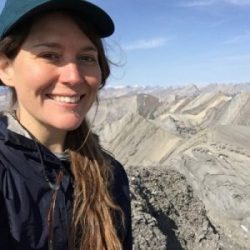
Cassandra Buunk
MA - School of Environmental Studies
Cassandra’s thesis (completed 2021) research centers around interviews she conducted with Parks Canada staff in Waterton Lakes National Park to understand their experience with the Kenow wildfire and how they are grappling with major disturbance events in the context of global change.
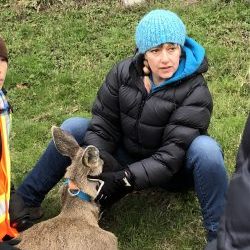
Alina Fisher
PhD Candidate - School of Environmental Studies
Alina’s research looks at how wildlife communities along the Eastern Slopes of the Rockies are changing in response to landscape change. This includes not only the changes in species composition and abundance, but how humans are perceiving that change. Given the pervasive and ever-accelerating drivers of change, humans’ perceptions of these changing landscapes—and the wildlife we share those spaces with—impacts how we conserve and restore these places for generations to come.

Maya Frederickson
MSc - School of Environmental Studies
Maya’s research investigates landscape change in Kananskis Country and how these changes are related to fire suppression over the past century. She is especially interest in using new technologies, such as artificial intelligence, to turn photos into data.
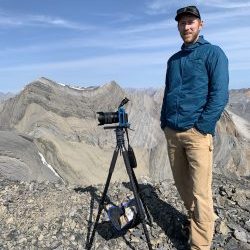
James Tricker
PhD Candidate - School of Environmental Studies
James is interested in understanding the drivers and patterns of rapid ecological change in mountain environments using repeat photography. He holds a Bachelor’s degree in History and Geography from Rhodes University in South Africa and a M.Sc. in GIS from the University of Leeds in the UK. Under the supervision of Dr. Eric Higgs, his doctoral research will focus on developing new image classification techniques to identify and map “new natures” in Canadian Rockies using the Mountain Legacy Project image collection.
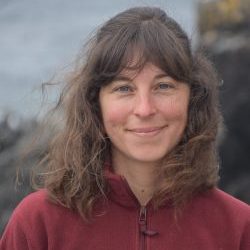
Sonia Voicescu
PhD Candidate - School of Environmental Studies
Sonia Voicescu is a PhD Candidate at the School of Environmental Studies, University of Victoria. She holds a Bachelor’s degree in Environmental Science and an MSc in Integrated Water Resources Management, both obtained from McGill University in Montreal. After being involved with the federal government for a few years in various projects ranging from environmental noise pollution to health policy and regulations, she moved to Victoria in 2016 to complete a diploma in the Restoration of Natural Systems. Sonia began her PhD work in 2018, and hopes that her research will improve decision-making for the restoration of heavily disturbed ecosystems.
Project Supporters








